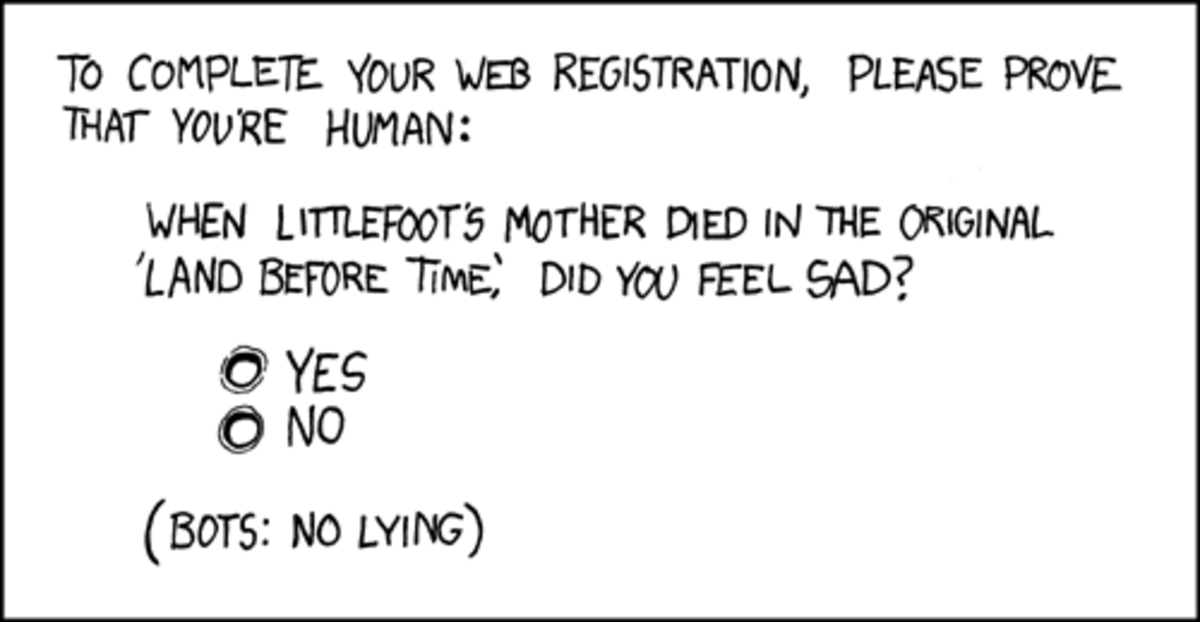Where is the Internet Stored
The Internet - Where is it stored?
Sure most people know how to use The Internet. They know it offers instant access to their email from anywhere in the world, or great deals for shopping online. But a lot of people don't have any idea why someone in Outback Australia can get online and access all the same websites as someone in the city of London.
A common question is, 'But where is the Internet actually stored?'. Is there some giant underground bunker that spans a small country that stores the Internet? A James Bondish villain Island, full of stored Internet? Unfortunately the answer is not nearly as exotic and elaborate as that - the answer is in fact deceptively simple.
So just tell me already, where is the Internet stored?
Now wait for it – The Internet is stored EVERYWHERE.
But that doesn’t make sense I hear you cry. How can the Internet be stored EVERYWHERE? I don’t have any Internet stored in MY cupboard!
Well, let me explain...
I'm probably going to be fairly long winded about it, but too bad that's just how I do things...I mean, please, bear with me!
Imagine you are a business and you want a presence on the Internet in the form of a website. You own a book shop for example, and you want people to be able to visit your website and see what you have in stock and be able to order books and all that jazz.
Obviously you want your website on the World Wide Web (that's where the precursor www comes from by the way) to be the name of your business. So my bookshop is called Tom's Bookshop. I would like my website to be www.tomsbookshop.com.
Makes sense, right?
Now how do I make www.tomsbookshop.com the address for my website? Well, I actually need to register that name (called a domain) and pay for it. It isn't just free, and it isn't created out of thin air. Domains like www.music.com for example, would already be registered, and if sold would sell for millions. So first I would need to check that www.tomsbookshop.com is not already registered by somebody else, then if it is not I can pay the fee (it is not very large if the domain is not already taken) to register that chosen address.
Now people will be able to type "www.tomsbookshop.com" into the address bar of there browser, and it will take them to a domain owned by myself, which I have paid for. On a side note, domains are not only ".com", they can be a myriad of other things such as ".net" or ".org" and the list goes on.
Now let us skip the section on how to actually build a website, as that is another whole bag of pumpkins - (I just made that phrase up, it was going to be kittens but I changed my mind).
Let us pretend I paid a professional to code and build www.tomsbookshop.com. Now when people go to my website, they are going to see text and images. All of this information has to be stored somewhere though. It is not created out of nothing. Every time you visit a website you are effectively downloading text/images/code and your BROWSER (which is what you are on now) is turning this text/images/code into what you are actually SEEING on the screen. Now, the question remains WHERE are you downloading this information from? WHERE is it stored?
Are you thinking, "Finally! I'm going to find out where the Internet is stored... and I bet it's on the Cayman Islands!". Well no, not quite.
As I said before, the Internet is stored everywhere, all around the world. Whenever you access someone's website, you are actually connecting to another computer, which is fundamentally the same as the one you are on yourself (but generally built specifically to be what is called a "server"). You are not accessing some giant underground post World War I bunker of Internet, you are actually accessing another computer somewhere in the world that is storing the information of the website you are accessing.
However for a website to be constantly "on" the Internet, it needs a computer that is on 24/7 and that is linked to the domain name that you are attempting to access. That way it can supply all the other computers in the world with the information they need to access your website. When an Internet page is "down", this basically means that the computer or server that is storing the data for that website is not functioning correctly.
So, being a humble bookshop owner, I would have no idea how to create a "server" computer for my website. And it has to run all day long? And it has to run "web server software?" I don't even know what that is! Gosh, and think of the electricity bill!
So what do I do? Well, I pay someone else to store and host all the data that makes up my website for me. This company will have many computers dedicated to storing and hosting information for people's websites so that they are constantly "on" the Internet. There are many, many companies all over the world that will do this for you.
As I said earlier, it is possible to host and store your website on a computer in your house, but it is not practical for most people for numerous reasons that we won't get into.

Let's summarise in dot points...
- An address or "domain" for a website needs to be registered and purchased.
- When you access a website, you are actually connecting to another computer through the Internet infrastructure (which is another whole article in itself - but think of it like a group of telephones around the world that can all talk to each other at once whenever they wish).
- The information on websites that make up "The Internet" are not stored in one place, but are stored everywhere around the world - either on a personally run computer or at the location of a company that runs 'servers' where space is purchased to store data.
- This article was extremely long winded and I will be exceptionally impressed if you made it all the way to the bottom here. Obviously explanations involving The Internet can get as exceedingly complicated as you want them too. But this is a layman's view written for the everyday person. The Internet - it really is stored everywhere!








